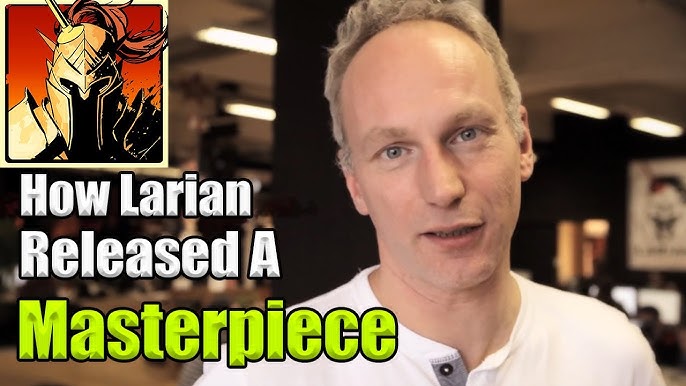Chasing Metrics vs.
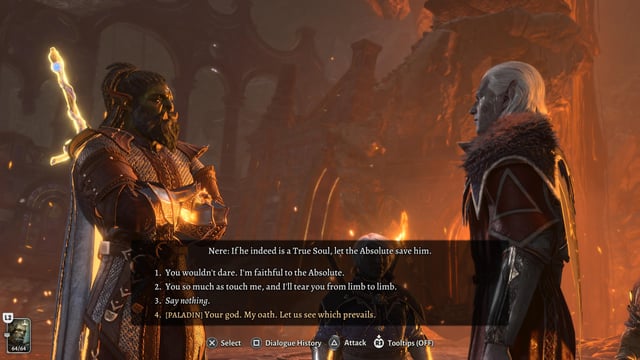
Look, LawBreakers was a damn good shooter, okay? The Blitzball mode alone was worth the price of admission! Maybe a little too hardcore, a little too vertical for the mainstream audience... Turns out, people don't like having their brains rearranged in zero-g. But hey, we tried something new! Which brings me to Swen Vincke, Larian's main man, and his recent warnings about metrics driven game design. Swen's saying what a lot of us have been thinking for years: are we making games or Skinner boxes? Baldur's Gate 3 proved you can still build a massive hit by focusing on quality, reactivity, and player experience, not just maximizing daily active users. It's about giving players meaningful choices, not just dangling carrots in front of their faces. And this message? It's vital for the PC gaming community, which has always valued innovative and unique game experiences.
The Larian Lesson: Prioritising Design over Metrics
Larian Studios' success with Baldur's Gate 3 is a goddamn masterclass in player focused game design. It's a shining example of what happens when you prioritize the art over the algorithm. Larian didn't chase the battle royale craze. They didn't shoehorn in a gacha system. They doubled down on what they were good at – building deep, engaging, reactive RPGs where your choices actually matter. And guess what? It worked.
Baldur's Gate 3 is a masterpiece because they prioritized creating a believable and intricate world filled with memorable characters and morally grey choices. Take the Dark Urge storyline, for example. Talk about ballsy! Letting players embrace their inner monster is not exactly risk-averse game design. The polygons are fantastic, sure, but it's the narrative depth and player agency that keep you hooked. Baldur's Gate 3 crushes the assumption that only games designed to maximize engagement and monetization can be successful. The Baldur's Gate 3 success story proves that a quality product, with a laser focus on the player experience, wins every time.
The Metrics Trap: When Data Kills Creativity
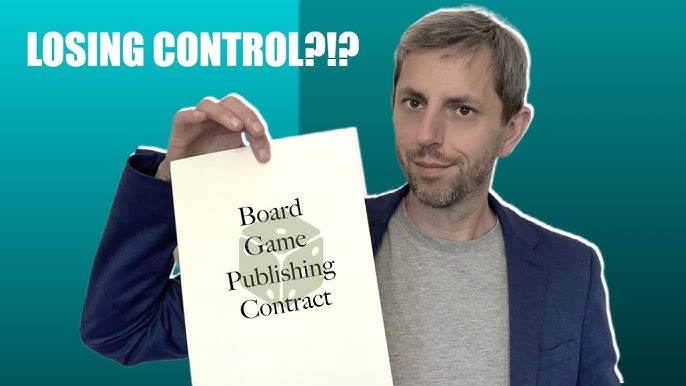
Now, let's talk about the dark side of the industry. The dangers of prioritizing engagement metrics. It leads to homogenized experiences, reskinned battle passes, and soulless husks of games that used to be great.
Look at Diablo Immortal. Gorgeous visuals, impressive particle effects, solid moment-to-moment gameplay... but buried under a mountain of microtransactions and predatory gacha mechanics. It feels like it was designed by a committee of accountants, not game developers. It's a beautiful cage designed to extract your wallet.
And don't even get me started on Suicide Squad: Kill the Justice League. What a mess. Repetitive missions, bullet-sponge enemies, a story that spits in the face of established lore. Where's the fun? Where's the heart? All I see are numbers on a spreadsheet, meticulously calculated to maximize engagement and minimize actual enjoyment. That's what happens when you prioritize metrics driven game design.
The truth is, this trend can lead to a complete lack of innovation. Why take a risk on something new when you can just copy what's already working (and raking in the dough)? It's a recipe for stagnation. And frankly, it's boring as hell. That’s the difference between creative vs Commercial gaming.
The Indie Renaissance: A Beacon of Hope
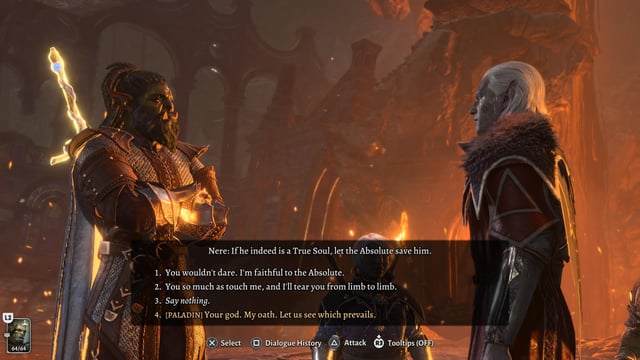
While the big boys are busy chasing the next whale, the indies are out there making real games. That’s where the artistic integrity video games lives. And the PC is its natural habitat.
Stardew Valley is a love letter to classic farming sims, made by one guy, ConcernedApe! It's wholesome, relaxing, and endlessly charming. Disco Elysium is a politically charged masterpiece with some of the best writing I've ever seen in a game. It's a detective RPG that dares to be weird, introspective, and uncomfortable.
These games prove that you don't need a billion-dollar budget and a team of thousands to make something special. You just need passion, vision, and the guts to take a risk. And the PC platform, with its open ecosystem and diverse community, is perfectly suited for indie game success factors. It empowers developers to connect directly with their audience, iterate on their ideas, and create truly unique experiences.
The AAA Problem: Chasing Short-Term Profits

Let's be clear: it's easy to blame the developers crunching away, fueled by Monster Energy drinks and the fading hope of a decent review score, but they're just trying to keep their jobs and feed their families. The real problem is the suits. They see games as products, not art. They're obsessed with ROI and maximizing shareholder value. It's creative freedom versus publisher oversight game dev in a nutshell.
But guess what? You can't force creativity. You can't engineer fun. You can only create the conditions for it to flourish. And those conditions rarely exist in the risk-averse, metrics-obsessed world of AAA game development. The pursuit of short-term profits is ultimately unsustainable and will lead to a decline in the quality of AAA games. Just look at AAA game failures creative vision. We need to give studios more freedom, not less.
A Call to Action: Vote With Your Wallet
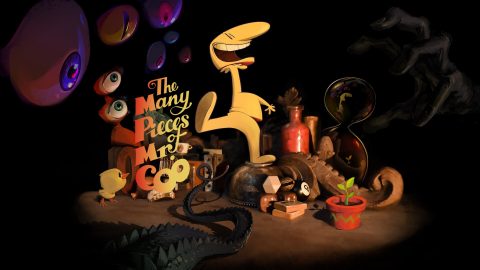
If you want to see more games like Baldur's Gate 3, if you want to escape the endless cycle of reskinned battle passes and pay-to-win mechanics, you need to put your money where your mouth is. Buy indie games. Support developers who are taking risks, even if they don't always pay off. Let the publishers know that you're tired of being nickel-and-dimed. That means supporting player experience over profit in gaming.
Supergiant Games, the makers of Hades and Bastion, are another example of a studio consistently delivering high-quality, innovative experiences. These are the devs we need to lift up and support to craft compelling video game worlds. Vote with your wallet. It's time to send a message: we want games, not gambling simulators. And support game preservation initiatives and modding communities. These are vital to keeping our favorite games alive.
Understanding the Importance of Narrative in Games
Narrative can be the make or break factor for the success of a game. It can elevate the game to the next level or hinder it due to plot holes or weak character development. Disco Elysium is a great example of this.
How Can Indie Games Compete With AAA Studios?
Indie developers can compete with AAA studios by focusing on making quality games with good narratives, good replayability and listening to the gamers.
What are Best Practices for Game Design
Best practices for game design can include listening to the gamers, creating great replayability, and creating innovative and quality games.
Cliff Bleszinski Game Design Philosophy
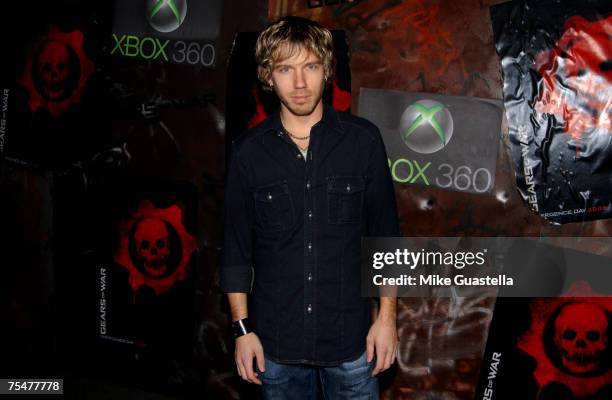
Cliff Bleszinski opinions on modern gaming have been widely discussed and appreciated by many. With his experience and outspoken opinions, Cliff has helped guide the direction of the gaming industry.
The future of PC gaming is in our hands. We can choose to support the soulless churn of metrics-driven development, or we can invest in the creative vision that makes this medium so special. Let's choose wisely. Support the devs who swing for the fences. And remember, don't be a chump. Don't pre-order. Read the reviews. And for God's sake, stop buying loot boxes! Let’s avoid metrics driven design pitfalls together!
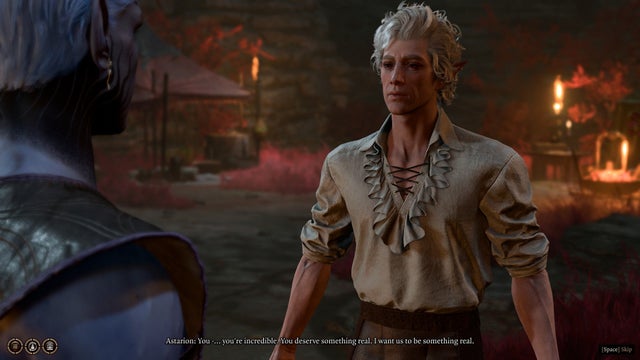
The key aspects of Player Focused Game Design
- Focus on narrative
- Focus on replayability
- Focus on agency
Some examples of great Player Driven Narrative include:
- Baldur’s Gate 3
- Disco Elysium
- The Witcher 3
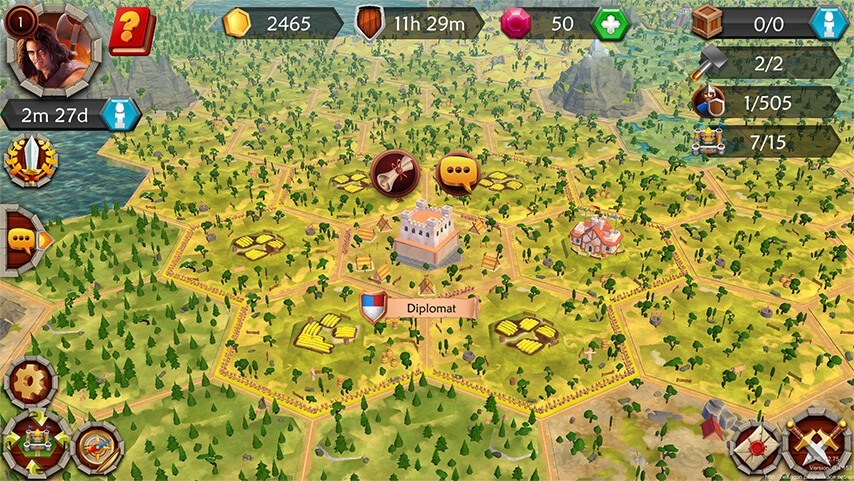
Why do AAA games lose their soul
- Too much corporate oversight.
- Not enough money spent on narrative.
- Too focused on profits.
